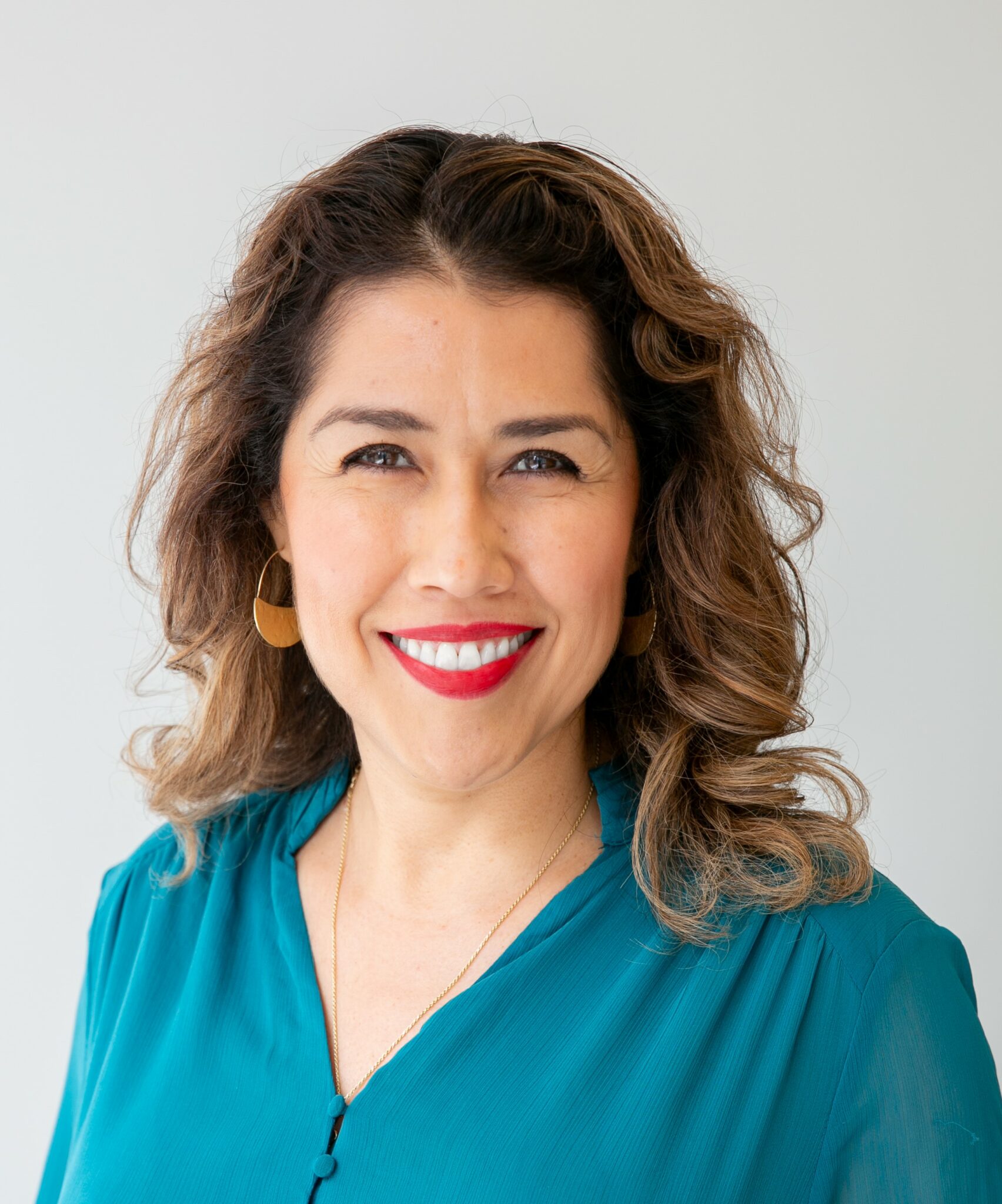Holistic nursing is about more than just looking at a patient’s mental and physical health. It’s a philosophy that promotes building a better relationship with your patients, resulting in an overall healthier psychological, spiritual, and emotional environment for them.
In holistic care, there is a focus not just on the physical presentation of symptoms but also on the other influences that may be impacting a patient, such as their culture, mental health, nutritional habits, and other factors.
The future of health care is holistic. Holistic nursing is going to be more prominent because patients are starting to ask for more. They don’t just want to get a diagnosis and prescription; they want to know how they can prevent illnesses and make their lives better. They want to be able to improve their mental and physical health as well as their spiritual health. They want to know how they can feel better in all aspects of their lives. How can they make behavioral changes and get the support they need to treat their whole self? That’s where the role of a holistic nurse comes into play.
Holistic nursing changes the way nurses address patients. Instead of being task-oriented or focused solely on goals, holistic nurses focus on enriching a patient’s life. That may include concentrating on more than just the main complaint or concern and digging deeper into a patient’s emotions, environment, and other factors that may have an influence on health and wellbeing.
The Rise of Holistic Nursing in Modern Healthcare
Here are five reasons why holistic nursing will be the future of health care. Each of these is an important look into how holism has a positive influence on patients and the medical community.
-
Holistic Nursing Addresses the Whole Person
To start with, you should think of holism as a method of seeing patients as more than test results on paper or a list of physical complaints. One of the reasons to practice holistic nursing is that it pays attention to the whole person, not just one aspect of health and wellness. Holistic nursing takes a broader, more all-encompassing approach to healing with a focus on:
- Quality of life improvements
- Integrative holistic modalities
- Self-care techniques
- Partnering with patients, as well as their families and communities
- Disease prevention
- Health maintenance
Unlike more traditional nursing, holistic nursing focuses on how different aspects of a person or that person’s life interacts with others. All parts of the person are considered when determining how to foster healing, including cultural, spiritual, environmental, physical, and psychosocial dimensions, among others. A holistic nurse may teach patients self-care techniques, focus on disease prevention, and discuss maintaining a certain level of health while offering support on how to do so.
-
Holistic Nursing Integrates Self-Care
Holistic nursing integrates taking care of oneself holistically. What that means is that all aspects of a person’s wellbeing should be exercised regularly and addressed during healing. That includes nutrition, exercise, getting enough rest, and other areas in which a person can improve overall health.
Self-care is important for patients because they may be dealing with difficult stressors in their lives. If a patient’s mental health is off, then their physical health may suffer as well. The same can be said about their environment influencing their physical or mental state. Self-care addresses those concerns by asking patients to take care of themselves and reduce the stressors that may be influencing them.
By promoting taking more time for themselves and focusing on caring for their minds and bodies, they may see an overall improvement in their wellness.
-
Holistic Nursing Promotes Preventative Medicine
Another benefit of holistic nursing is that it helps promote preventative medicine. Preventative medicine is a field focused on taking action to prevent disease rather than treating it once it is present. When patients visit their healthcare providers before their conditions advance to a worsened state, better patient care can be delivered.
Preventative medicine promotes health and wellbeing in a manner that prevents not only disease but also disability and death. This might include self-care techniques, regular medical appointments, alternative therapies, or the regular use of medicine to improve patient health and quality of life.
A holistic nursing practice focuses on the whole person and begins with techniques to prevent illnesses from worsening or occurring in the first place.
-
Demand for Holistic Healthcare is Increasing
More people are turning to holistic healthcare in the United States. According to a survey by the National Institutes of Health (NIH) involving over 89,000 adults and 17,000 children, approximately one out of every three people is seeking holistic health care solutions.
Holistic medicine considers the mind, body, and soul, observing the patient as a whole person. Looking at a patient, their environment, and other aspects that may influence them helps a medical provider gain more insight into their lives, their goals, and the issues that may be causing illness or dysfunction in their lives.
While holistic medicine is a little different from traditional Western medicine, they don’t have to compete with each other for effectiveness. With holistic healing approaches, alternative types of care may be used alongside Western medicine for a more integrative approach. Some treatments and specialties that fall under the holistic health care umbrella include:
- Nutritional counseling
- Yoga
- Herbal medicine
- Mental health counseling
- Massage therapy
- Chiropractic care
- Homeopathy
- Acupuncture
- Meditation
These may or may not be combined with traditional medicine and Western medical techniques depending on the patient. However, with a holistic nursing certification, your priority will be to provide a patient with a well-rounded understanding of overall health and wellness.
Are you interested in becoming a holistic nursing professional?
Visit the links below to explore our holistic nursing programs:
-
Holistic Health Helps Promote a Healthy Community
Holistic health care is about promoting a healthy community, not just healthy individuals. With holistic health care, you’re building a community of people who know the worth of self-care and preventative medicine. By taking early steps to address issues, such as excessive strain or stress in their lives, patients may simultaneously improve overall health and reduce the burden on the health care system.
With holistic health, you’re promoting a community that takes care of itself and uplifts others. There are self-care options, exercises, and nutritional supports. Patients have someone to advocate on their behalf while also helping them see how their circumstances and actions may play a role in their health.
One of the best things about holistic health care is that it promotes the idea of working in collaboration with patients and colleagues. You’re working together toward being healthier and making positive changes to improve lives. You’re focused on improving the care your patient receives and giving them a full spectrum of options for better health and wellness. These could range from addressing health concerns with modern medicine, chiropractic, massage care, and other services to working on goal setting and better mental health.
When you look at patients as a whole and consider the influence the environment and their behaviors have on their health, you get a better picture of what it will take to help them heal. Since you work as a nurse and integrative health coach with your clients, you’ll be collaborating and seeing the success they have as they move forward and make changes in their lives. Rather than prescribing medications and seeing your patient six months later, you have a more active role in their care, establishing a partnership that enables them to make the best and healthiest decisions for the betterment of their own health and the health of those around them.
Finally, remember that holistic care also considers social and cultural differences that you may not have considered in a more traditional medical practice. Each person is unique, and they have their own preferences and differences for you to address. Holistic care is a philosophy of providing care for all parts of a patient, and that means addressing cultural or community differences to find ways to reach patients while being respectful and improving their care.
Conclusion: Embracing a Holistic Approach in Nursing Practice
At its core, holistic care is about building a community. You have a collaboration with your patient, but you also build a complex community system with your coworkers and colleagues to be able to fully support patients across a number of specialties.
If you are interested in learning more about earning your holistic nursing certificate online from Pacific College of Health and Science, visit admissions or contact us today. We would be happy to speak with you about the certifications medical practitioners can seek from our programs.
Featured Posts:

